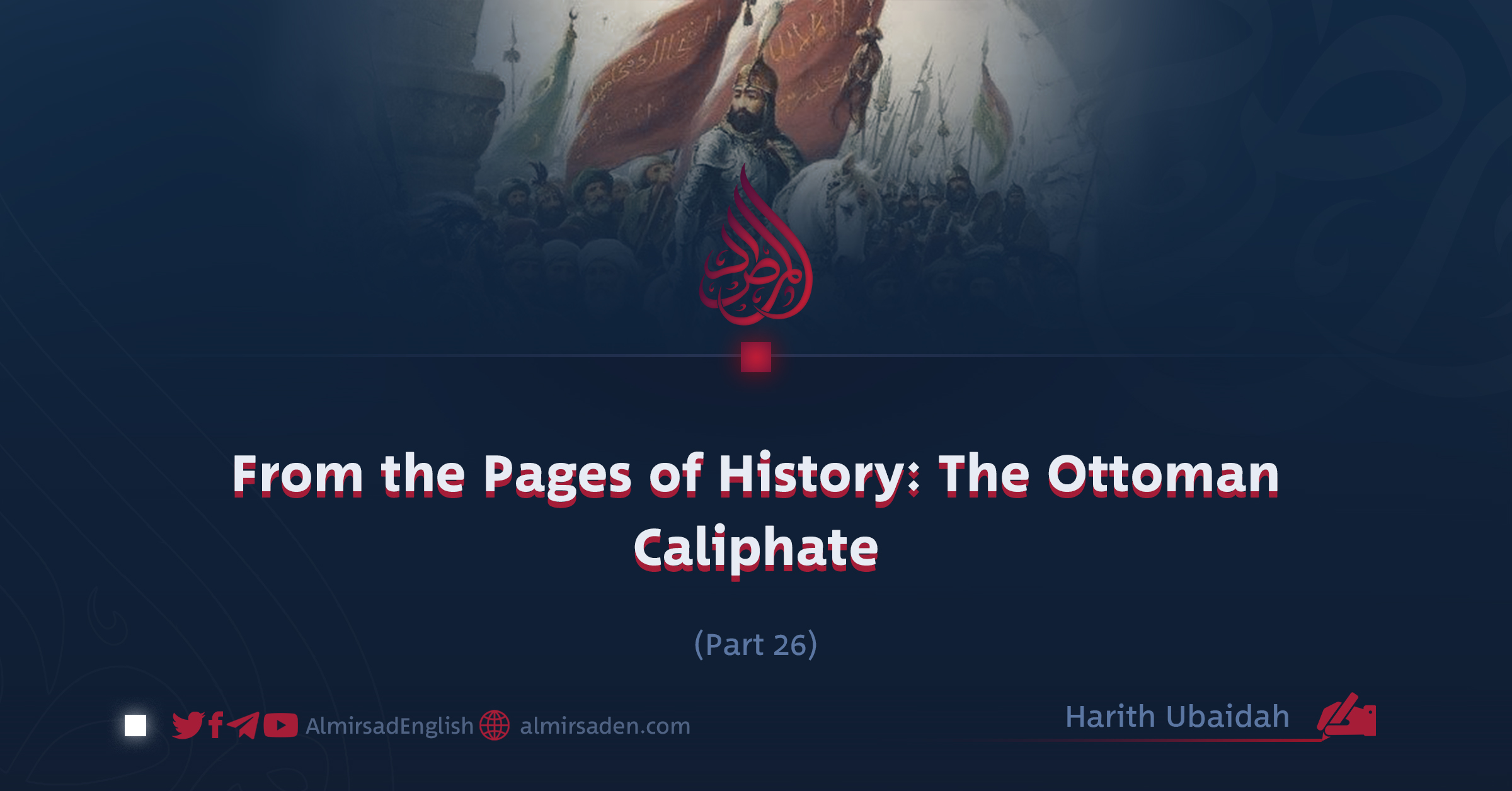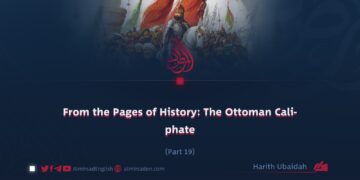Part 26
Harith Ubaidah
Sultan Mehmed II, remembered by history as Mehmed the Conqueror (al-Fatih), was born in 833 AH (1429 CE) and passed away in 886 AH (1481 CE). As the seventh ruler of the Ottoman dynasty, he was honored with the titles al-Fatih (the Conqueror) and Abu al-Khayrat. His reign spanned nearly three decades and left a lasting mark on the Muslim world.
The years of his rule were marked by prosperity, victory, and renewed dignity for Islam. At the age of twenty-two, following the death of his father, he ascended the throne on the 6th of Muharram, 855 AH (18 February 1451 CE). Those who knew him praised both his noble character and his ability to balance strength with justice.
Even in his youth, Mehmed distinguished himself from his contemporaries through his pursuit of knowledge. Educated at the Madrasa al-Umara (School of Princes), he mastered a wide range of sciences. He also excelled in foreign languages and cultivated a deep love of history, a passion that later shaped his vision as a ruler and sharpened his skill as a commander. It was this blend of learning and leadership that earned him renown as the sultan who captured Constantinople.
Upon his accession, Mehmed carried forward the legacy of his forefathers. His first priority was to consolidate the empire’s foundations by strengthening administrative institutions. He tightened financial oversight, secured agricultural affairs, and curtailed wasteful luxury and extravagance.
His reforms extended to the military as well. He corrected deficiencies across its branches, established reserves to maintain readiness, and raised the soldiers’ salaries to ensure loyalty and discipline. The royal court too was reorganized, with seasoned and capable commanders appointed to key positions. Their efforts proved decisive in reinforcing and expanding Ottoman power.
Only after securing stability at home did Mehmed turn his attention outward. His gaze fell upon the Christian territories, which he sought to conquer and open to the spread of Islam. The moment favored him. The Byzantine Empire, once a formidable power, had by then grown fragile. Corruption had hollowed its strength, rivalries with other European powers had sapped its influence, and internal divisions had left it vulnerable. Mehmed recognized this weakness, and with vision and determination, he prepared to strike the decisive blow.



















































